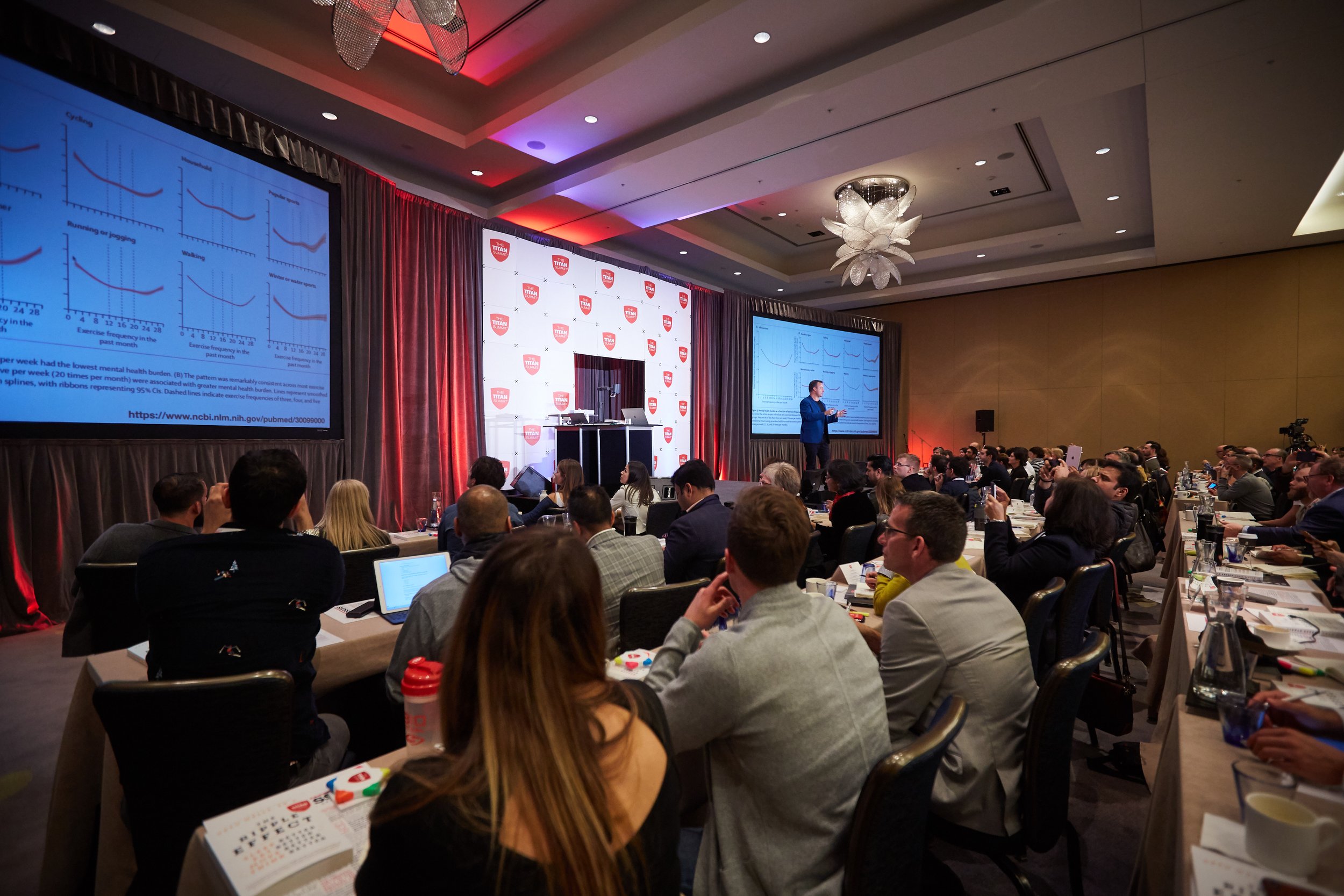
INSIGHTS
ACTIONABLE SCIENCE FROM Dr. WELLS’ NEWSLETTER
Let's talk about protein
Just like healthy fats and carbohydrates, high quality proteins are an important part of a balanced diet. This week we’re going to dive into what proteins are, why they’re so important for health, and how you can incorporate both animal and plant-based proteins into every meal.
Sleep to Move and Move to Sleep!
If you’ve been with us for a while or participated in any of our programs, you’ll know that one of our main principles is how connected the body is. Sleeping well leads to better eating habits. Proper nutrition allows you to exercise more efficiently. Better physical health leads to better mental health. All of these lifestyle factors are interconnected and by improving one aspect of your health, you can improve the others and amplify your performance. This is what we call the ripple effect.
The Myth of Multitasking
In previous newsletters, we’ve discussed strategies to increase focus and how you can try to eliminate distractions as much as possible. One of the strategies we’ve discussed is Power Work, in which for a period of time a few times per day, you are focusing on your most important task and only your most important task until you get the job done or your Power Work period is over. This is also known as single tasking, which is an extremely powerful tool for you to use. If you can learn how to single task, you can uplevel your focus and boost your productivity.
What's the deal with Heart Rate Variability?
You might have heard the term ‘Heart Rate Variability’ thrown around in the past couple of years. With the recent advances in wearable technology, many fitness trackers and health apps have added this functionality to their list of features, such as VIIVIO, Oura Ring, and Whoop.
Fats: The Good, The Bad, and The Ugly
These days with all of the fad diets and constant overload of information on the internet, knowing what to eat can be confusing! This week, we’re going to discuss one of the most hotly debated topics: fats.
Stretching: More than just injury prevention
I’m sure you’ve heard countless times that you should be stretching on a regular basis. If you’ve participated in any of our programs, you might remember the 4 “F”s of Fitness: Fit (aerobic training), Force (strength training), Fast (interval training), and Flex (flexibility training), which should all be incorporated into your regular fitness routine. You’ve also probably noticed a difference between those times you’ve stretched after a workout and the times you didn’t. When you stretch, you feel good!
The Link Between What you Eat & How you Sleep
As you know, sleep is one of the key pillars for physical and mental health. Sleep affects every system in your body. Sleep is important for focus, immune function, and mood. Sleep is when we repair tissues, remove waste, and restore energy levels. When we get enough sleep we just feel awesome!
The Power of Why
We hope you enjoyed a nice break over the holidays! Now that you’re recharged and refreshed, it’s time to get excited for the year ahead! We have a lot of great topics headed your way for the next few months. But first, we want to dedicate this week to taking a step back and focusing on your bigger purpose. This will set you up for the coming year and help you stay focused as we dive into more advanced topics to amplify your health and performance.
Understanding Stress
Life can be stressful (especially over the last few months!), and we are often in a state of chronic stress. When we take the time to really slow down and activate our parasympathetic system, we can mitigate our stress levels and find a healthy balance.
Optimize your caffeine consumption
Many of us enjoy a coffee or tea from time to time (or maybe on a daily basis). But what are the drawbacks to coffee (besides the obvious insomnia?). What’s a safe amount to drink and when should you have it? We’re dedicating this week to clearing up these answers.
Are naps good for you?
One of the questions we get a lot is ‘Are naps good for you?’ The short answer? Yes. Provided you do it right. Have you ever woken up from a nap and felt worse than you did before your nap? This is called nap inertia. The reason this happens isn’t because naps are bad per se. This is because you’re napping for the inappropriate amount of time. It all comes back to sleep cycles, which we discussed a few months ago. But just in case you missed it, here is a recap.
Priority Management
The key is to switch from time management to priority management. Time management is living by your calendar. Priority management is getting the most important things you need to do every day done.
A Deep Dive into Meditation
One of the lifestyle habits we’ve come back to time and time again is meditation. You might already practice meditation on a regular basis. Maybe you've tried it a few times but never stuck with it. Or maybe you've never tried it and have no interest in pursuing it.
This week we’d like to dive into meditation a little deeper so you understand what it is, why it’s so important, and how to actually do it. Hopefully with more knowledge about the benefits and idea behind it, you can start to incorporate meditation into your life - or if you’re already practicing, make it a more consistent routine.
Biohacking your Sleep Cycles
A few months ago we discussed the importance of maintaining a regular circadian rhythm. Your circadian rhythm is your internal biological clock, which regulates everything from your mood, to your hormones, to when you feel tired and hungry during the day. If your circadian rhythm is off (for example when you’re jet lagged or not sleeping at a consistent time every night), this can lead to insomnia, fatigue, loss of appetite, and decreased physical and mental performance
What's the deal with intermittent fasting?
Intermittent fasting is a buzzword that I’m sure you’ve heard in the past few years - either through social media, through friends and family, or from unsolicited advice from someone at a party. Maybe you’ve already tried it or have considered trying it but you have no idea where to start. There are a lot of diets and fads out there that it can be very confusing and hard to decipher what is actually good for you. We wanted to clear up any confusion you might have about intermittent fasting and how you can do it in a healthy way.















